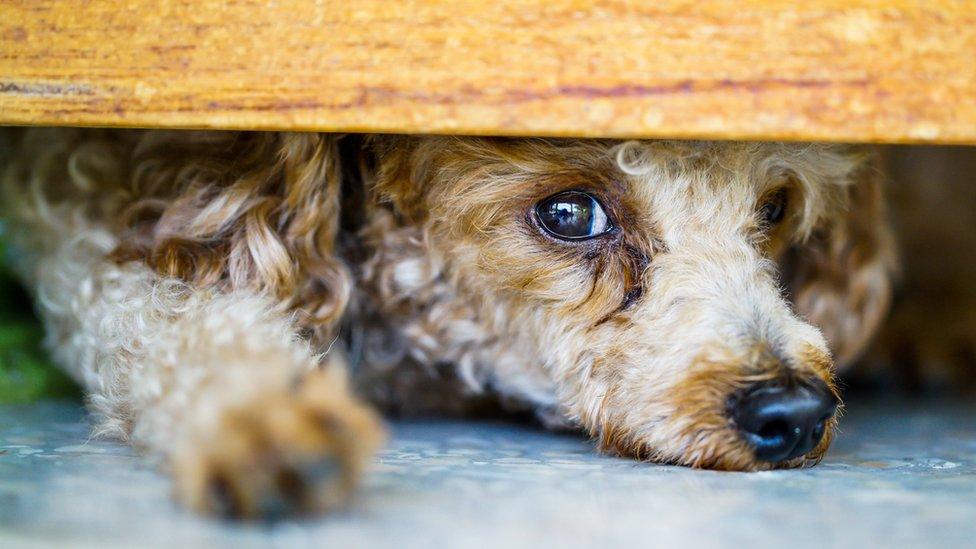Pheasant shoots: Job loss claim over tighter Wales rules
- Published
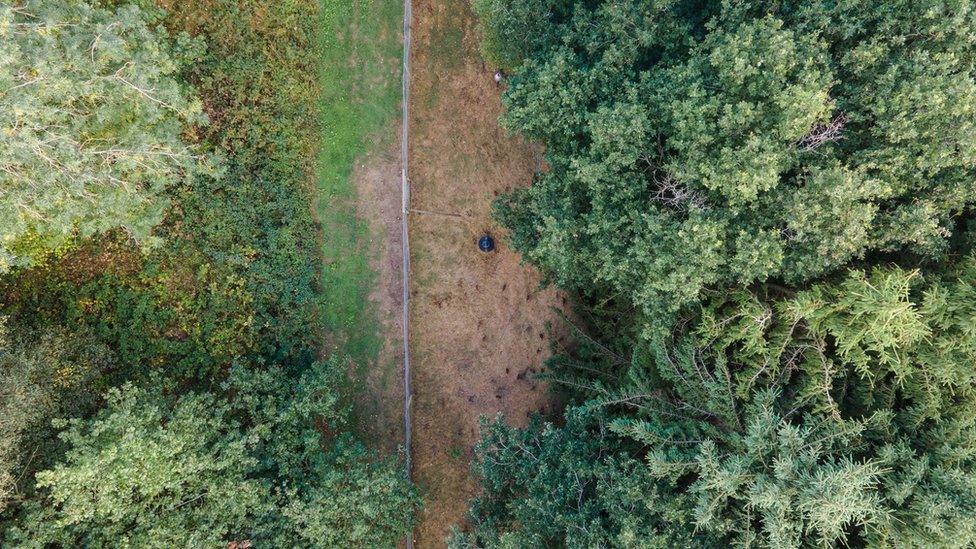
Those releasing birds within or near sensitive sites have to ask for consent from Natural Resources Wales (NRW)
Stricter regulation of pheasant and partridge shooting in Wales could cost jobs in rural communities, businesses have warned.
One pub owner said he was worried he may have to close for part of the year.
Under new proposals gamebirds would only be able to be released into the countryside under licence.
The Royal Society for the Protection of Birds (RSPB), which backs the plans, said it would help address large-scale shoot environmental concerns.
Jonathan Greatorex, owner of The Hand in Llanarmon Dyffryn Ceiriog, in Wrexham county borough, said his business relied on a thriving shooting industry locally.
"Some think of it as wealthy people turning up in Range Rovers, shooting pheasants and then disappearing back to London," he said.
"But from our point of view, shooting sees us through the winter months - it's what keeps us alive as a business and an employer.
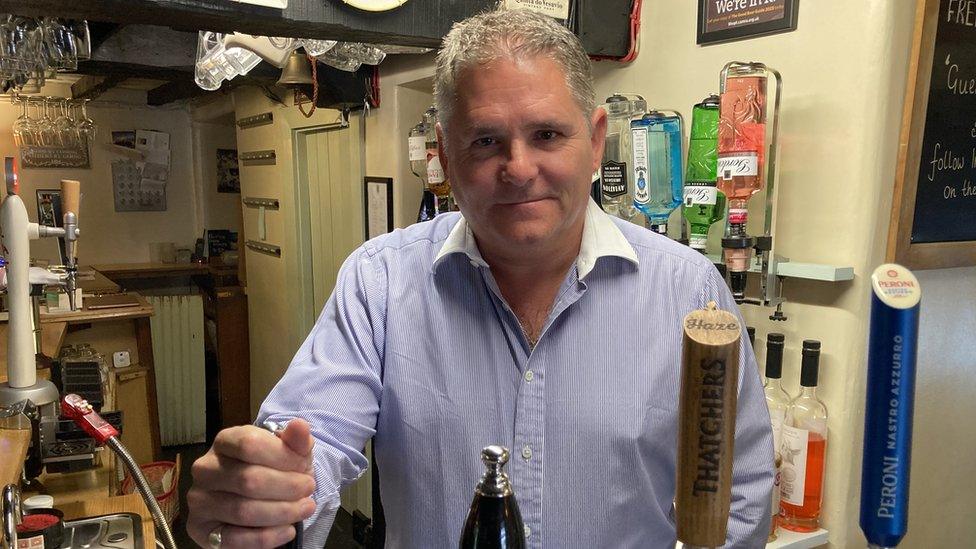
The Hand owner Jonathan Greatorex is worried the new rules will lead to a decline in the number of shoots being organised
"I have 25 people who are reliant on us for their livelihood and without shooting, those jobs are gone for a big chunk of the year."
A public consultation ends next week, with the proposals having already led to angry exchanges in the Senedd.
Climate Change Minister Julie James sparked outrage in the shooting industry by describing "killing anything as a sport or leisure" as not something "any civilised society should support".
The British Association of Shooting and Conservation (BASC) said shooting in Wales was worth £75m annually to the Welsh economy, supporting the equivalent of 2,400 full time jobs.
'Pheasant tikka bites'
Gamekeeper Helen Jones, of Cwm Fedw Country Sports, said it had raised fears the changes were a first step towards an outright ban - something the Welsh government has denied.
She runs shoots at her farm in Powys and turns the game meat into delicacies like pheasant tikka bites and scotch eggs.
She questioned why more rules were needed, when those releasing birds within or near sensitive sites already have to ask for consent from Natural Resources Wales (NRW).
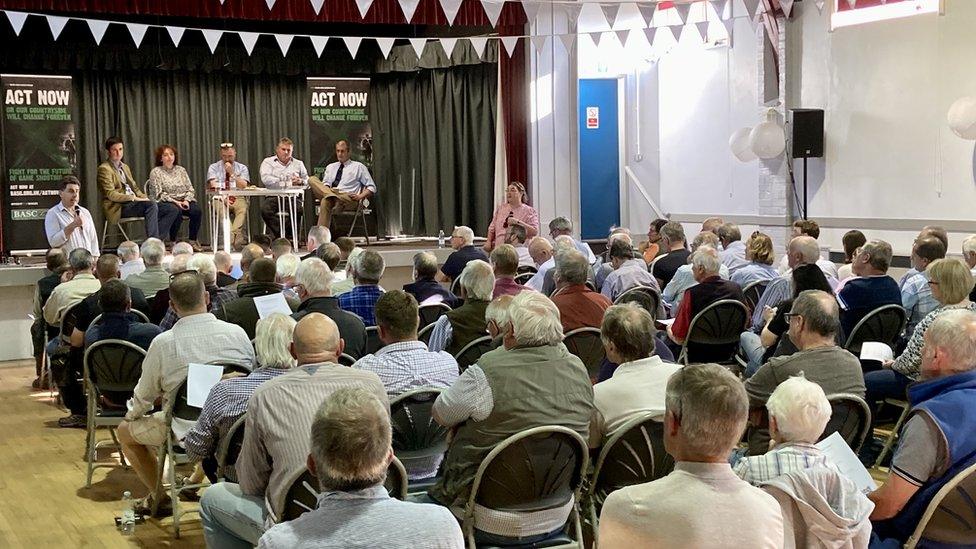
A public meeting was recently held to discuss campaigners' concerns about proposals at Overton near Wrexham
RSPB Cymru's head of species Julian Hughes said the charity was concerned about the impact of releasing large numbers of gamebirds on habitats and the risk of spreading diseases like avian flu.
It is estimated between 0.8 and 2.3 million birds are released into the Welsh countryside each year.
"At a high density that can have a real impact... on birds we're trying to save," he said.
NRW was asked to develop proposals for regulation of gamebird releases by the Welsh government.
It follows a similar debate in England, where campaign group Wild Justice took the UK government to court.
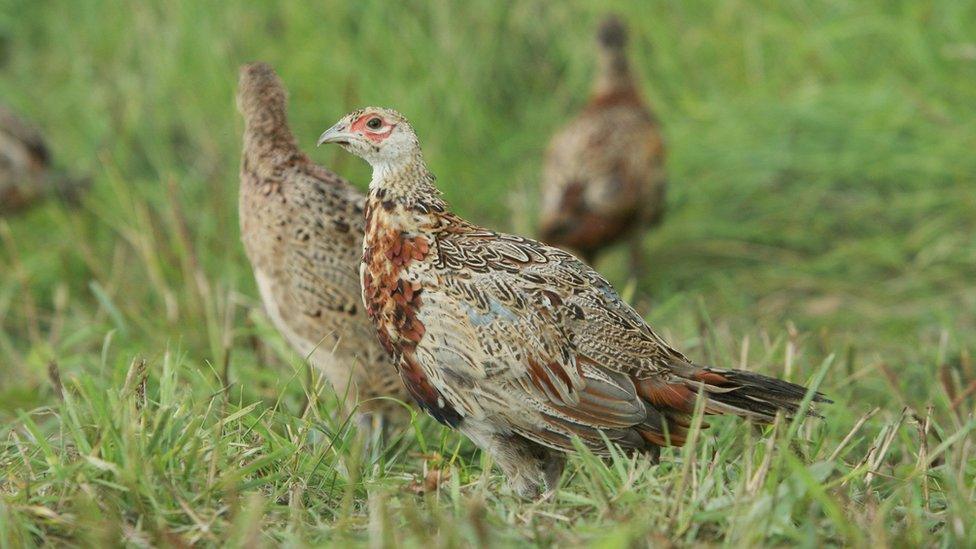
Up to 2.3 million birds are released into the Welsh countryside each year
Mannon Lewis, principal adviser at NRW, said the idea was to bring in a permitting system for releases within or 500m (1,640 ft) near to sensitive sites.
Gamekeepers would have to apply and pay for a licence, which would set conditions based on the features in those protected sites.
Those wanting to release birds elsewhere would also have to apply for a general licence - though this would be free of charge.
"We fully recognise that many of the shoots currently in existence have done a lot of extremely good work for conservation in Wales," she said.
"It's not a ban - it's a consultation on regulating especially in those areas where there are unsustainable releases of birds which do cause problems."
A spokeswoman for the Welsh government said the consultation provided "an opportunity for all with an interest to express their views."
- Published20 September 2018
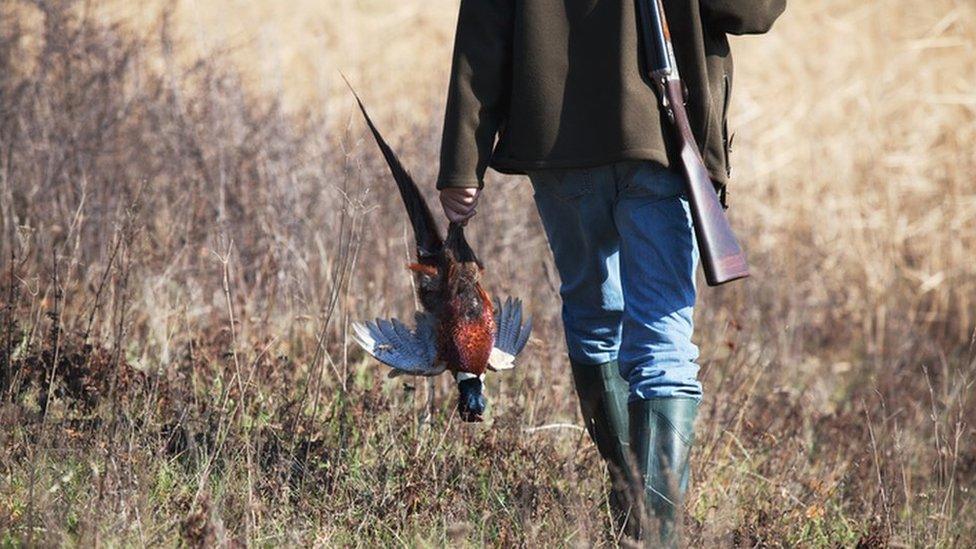
- Published10 May 2022
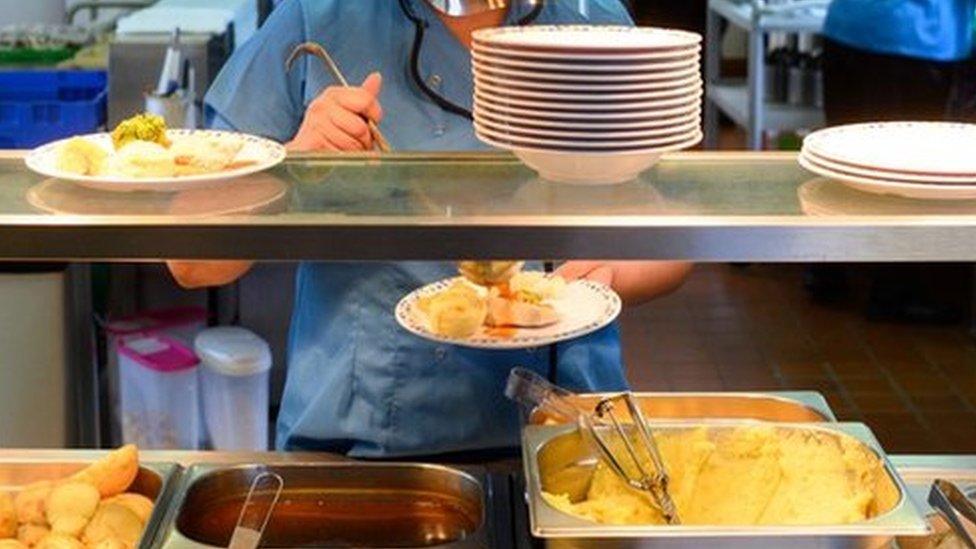
- Published10 May 2022
